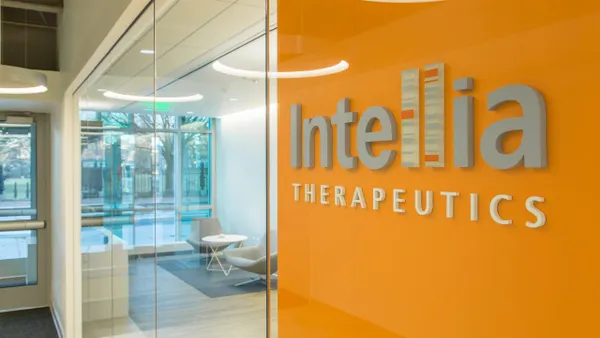Lykos Therapeutics plans to lay off about 75% of its staff as part of a larger shake-up at the California-based company, which just last week suffered a major defeat at the hands of the Food and Drug Administration.
Lykos and its founder, Rick Doblin, have for years tried to persuade regulators and the pharmaceutical industry at large that psychedelic drugs should be used in the treatment of certain mental health conditions. The company ran clinical trials testing whether MDMA, when added onto psychotherapy, could help alleviate symptoms of post-traumatic stress disorder. The two largest of those trials generated positive results, convincing Lykos the time was right to ask for approval.
But on Friday, the FDA turned down that request. According to Lykos, the agency didn’t think the data submitted were strong enough to warrant approval, and advised the company to run another late-stage study that could provide more insights about the safety and effectiveness of MDMA. To some experts, the rejection represented a significant setback for the field of psychedelic research.
Lykos is now reorganizing in an effort to “best support” the company as it works to refile an approval application. Doblin has left his position on the Lykos’ board. And the employees who aren’t part of the layoffs will be focused on ongoing clinical development, medical affairs and engagement with the FDA.
Relatedly, David Hough has been appointed to oversee that clinical development and FDA engagement. Hough previously served as vice president of research and development at Johnson & Johnson Innovative Medicine, formerly known as Janssen. There, he led the development teams for various versions of Invega, an atypical antipsychotic, as well as Spravato, a form of ketamine used against treatment-resistant depression and major depressive disorder.
Hough is “exactly the right person to lead the crucial work of engaging with the FDA for our resubmission," said Jeff George, the chair of Lykos’ board of directors, in a statement. "His experience in recent approvals, including Spravato, is greatly relevant to our organization's mission.”
Doblin said resigning from the Lykos board allows him to more freely speak as a public advocate for global, legal access to MDMA and other psychedelics for the public benefit. He plans to work at the Multidisciplinary Association for Psychedelic Studies, a nonprofit he founded in the mid-1980s that laid the groundwork for the creation of Lykos.
"After 38 plus years of work, I'm profoundly saddened by the FDA decision around this critically needed therapy, but am heartened that Lykos will still move forward continuing clinical research that addresses the FDA's questions," Doblin said.
Lykos noted that a newly formed, independent advisory board will support the company’s management team during the resubmission process. The advisors will also be responsible for keeping the company in contact with behavioral health facilities and “key patient stakeholder groups” such as veterans and survivors of sexual violence.















